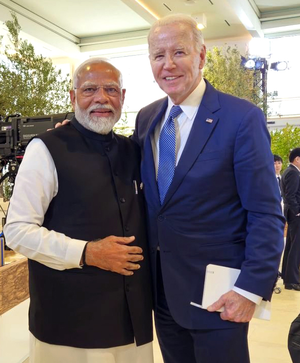Author: AFP Mon, 2017-03-06
PALMYRA, Syria: Atop the ruins of Syria’s famed Palmyra theater, recently recaptured from the Daesh group, teenage musician Angel Dayoub sang an old Arabic favorite: “We’re coming back, oh love, we’re coming back.”The 15-year-old’s voice floated over the ancient Roman theater, heavily damaged then abandoned by Daesh on Thursday as Russian-backed government forces drew near. “A little destruction won’t stop us from coming here to play and sing on this stage, despite what happened to it,” Dayoub told AFP.“I want to play music and sing everywhere that has seen the expulsion of Daesh, which hates singing and banned playing instruments,” she said defiantly.Dayoub’s rendition of Lebanese diva Fairuz’s famous song is accompanied by fellow musicians of all ages playing violins, tambourines and the oud, the pear-shaped stringed instrument beloved in the Arab world.“We’re singing ‘We’re coming back’ because we will come back even stronger than before to rebuild Syria,” she said.“Everyone will rebuild in their own way. We want to rebuild it with music and singing.” The city and its ruins, designated a UNESCO world heritage site in 1980, have traded hands several times during Syria’s six-year war.Daesh first seized Palmyra in May 2015 and began to systematically destroy and loot the site’s monuments and temples during a brutal ten-month reign.Young musicians flocked to the theater during a press tour organized by the army at the weekend, playing to an audience of dozens of Syrian and Russian soldiers.Explosions can still be heard in the distance, as Syrian forces and their Russian allies press their offensive against Daesh north and east of Palmyra.“Daesh wanted to ban us from the theater, to ban us from singing, but I want to challenge it, to beat it,” said Maysaa Al-Nuqari, a teenage oud player.Although the precise date of its founding is unknown, Palmyra’s name is referred to on a tablet dating from the 19th century BCE as a stopping point for caravans between the Mediterranean and the East.It developed into a wealthy metropolis thanks to trade in spices, perfumes, silk and ivory from the east and became known to Syrians as the “Pearl of the Desert.”
Main category: Offbeat








